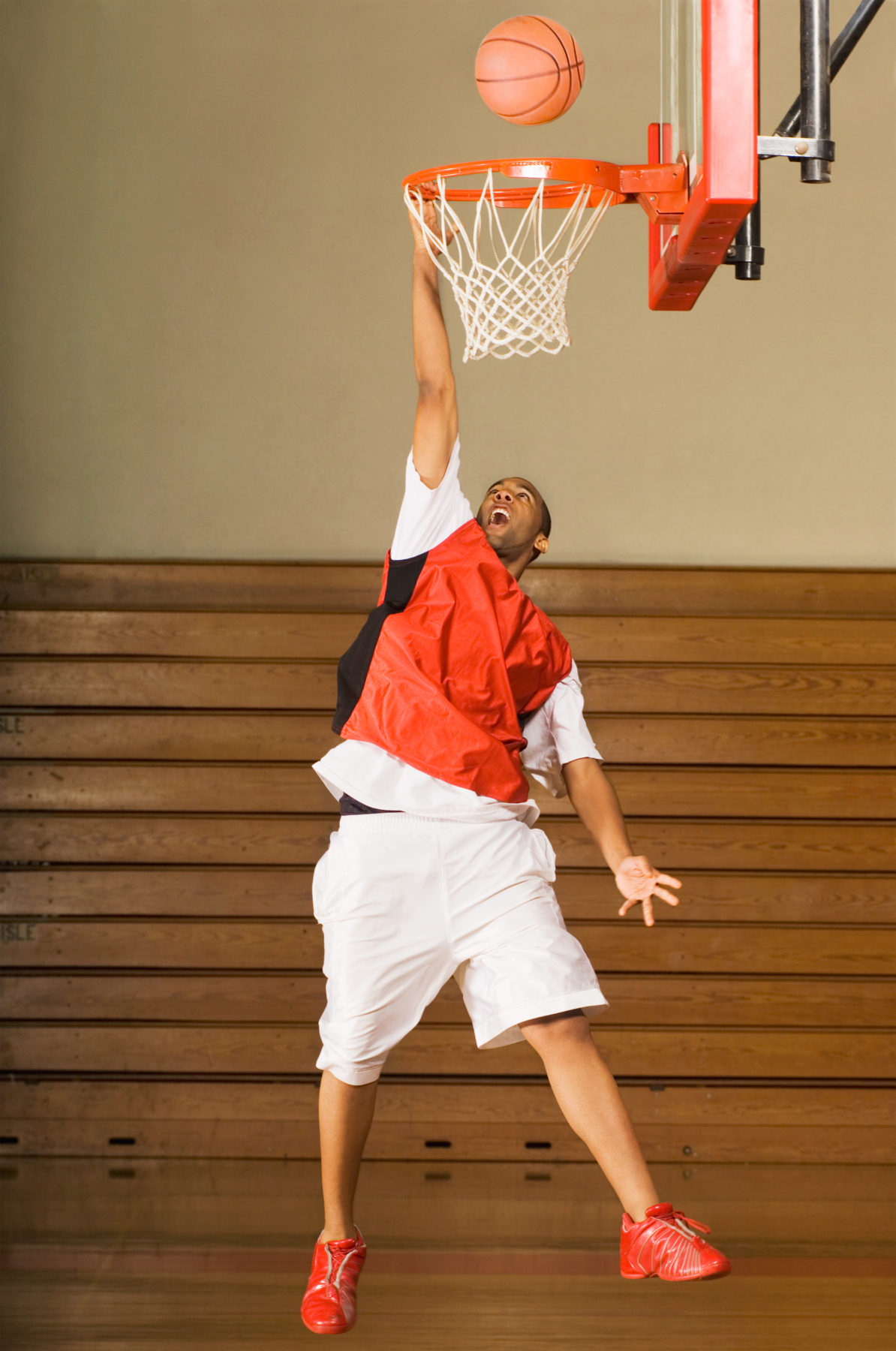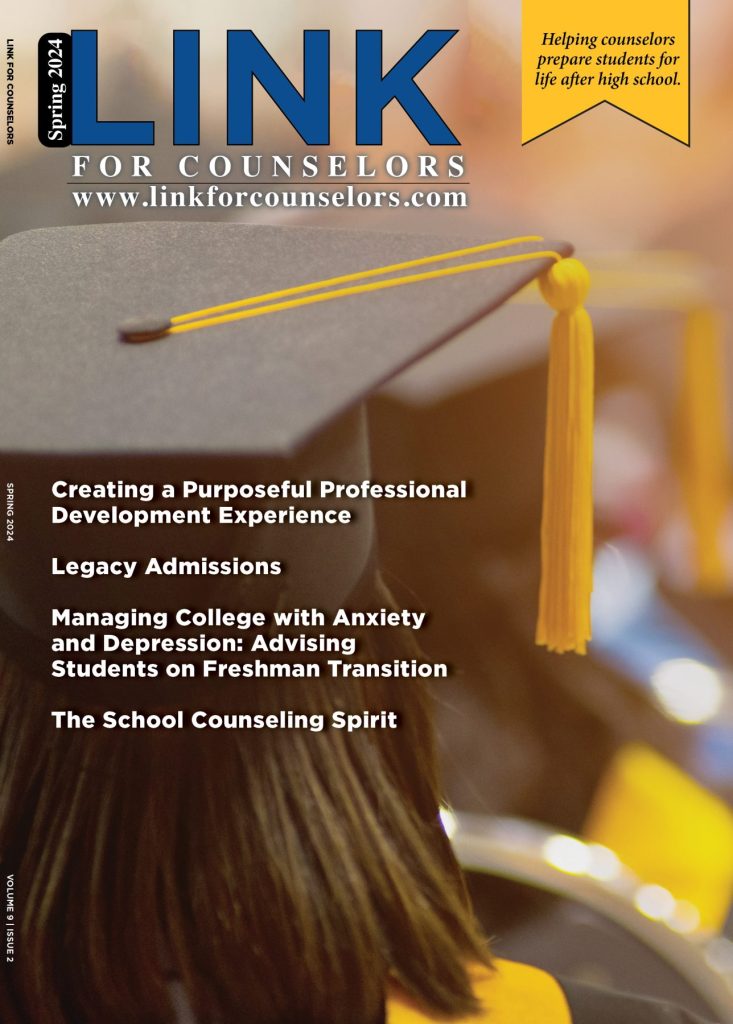5 Hard Truths About Athletic Recruiting
Sports recruiting for potential college athletes is fraught with anxiety and mystery. Why do some kids get noticed and others don’t? Where is the best scholarship money? Why aren’t coaches calling your student athlete? Adding sports to the college admission process makes things MUCH more confusing and emotional. It is a very time consuming process, and a lot of specialized knowledge is required. Before your students that are athletes begin their search for the right college and team, here are the key things that athletes need to know:
1. Your students should target schools that are the best fit for them academically first, then think about sports.
The reality is that less than 30% of students who start playing a team sport in college are still playing that sport in senior year. Injuries happen, students fail to make the minimum GPA, players get cut because of talent, etc. If any of these things happen at a D1 university, chances are that your student can wave goodbye to their athletic scholarship. Even if they do play all four years, less than 2% of college athletes will go pro. So in the end, their best chance for the future is to focus on colleges that will propel them on to a great career or graduate school. Pushing a top athlete who is a weak student into an intensely competitive college doesn’t usually make sense. Chances are that the student won’t be happy or academically successful. Conversely, a top student shouldn’t go to a college that has a less competitive peer group and academics just because the coach is heavily recruiting him/her.
2. The biggest recruiting myth is “if you are talented enough, the coaches will find you.”
If your student is located in a city that is a D1 sports Mecca like Chicago or Dallas that might happen, but otherwise, it is unlikely. Your student needs to proactively contact coaches to get noticed. First, they should ask their present coach what level he/she feels they could play in college. Then, consider colleges on their list from that level and below (just because they CAN play D1, doesn’t mean they SHOULD play D1). They should get coach e-mail addresses from college websites and send out their athletic resume. Then, they should follow-up with a phone call and supply video. Mass recruiting services that promise to blast out their information to hundreds of coaches are not the solution.
Coaches rarely pay attention to mail from recruiting services, and NCAA rules prohibit coaches from speaking to paid sports recruiters about potential athletes. Coaches want to hear from the student or team coach, not a parent and not a sports recruiter.
3. If your student wants to be recruited for D1 sports, they need to start by 10th grade.
Most D1 coaches evaluate kids in 10th and 11th grades and make commitments by the end of junior year. Some sports like swimming run later, but not many. More importantly, parents need to remember that although D1 schools are famous for scholarship money, VERY few students get a full ride, and the coach can only pull a few kids through admissions. D2 colleges also have a small pool of athletic scholarship money that has to be divided sparingly. For recruiting contact rules and to register at the NCAA Clearing House (required for D1 and D2 recruits), go to http://www.ncaa.org.
4. D3 is the untapped goldmine.
Families tend to overlook highly ranked D3 colleges which are often very wealthy and can give students much larger scholarships than a D1 or D2 school. Although NCAA rules prohibit D3 colleges from awarding money for athletic talent, many D3 athletes receive generous need and merit-based aid. The D3 timeline for recruiting is also much more realistic if they start the process late. Most D3 coaches recruit athletes into the fall of senior year. Remember, that highly ranked D3 teams can be very competitive and often have better skilled athletes than lower level D1 colleges. Also, the time demands can be more realistic for students pursuing a difficult major.
5. Travel teams, showcases and college-based sports camps are critical to getting seen by coaches.
If your student athletes aren’t doing one or more of these things, it’s doubtful they will be recruited. Opportunities vary by sport, and it only makes sense to pay for showcases and college camps where the coaches from their target schools will be present. A college counselor who is well-versed in athletic recruiting or your students coach can tell them where the high visibility opportunities are for their particular sport and target colleges.
In the end, remember that being a recruited athlete is an emotional roller coaster. Coaches will show interest one day and drop your student for another recruit the next day. They need to have thick skin and be laser focused on the academic and personal aspects of each college, not just the team ranking.
Cristiana Quinn, M.Ed. is the founder of College Admission Advisors, LLC which provides strategic, college counseling and athletic recruiting services for students. www.collegeadvisorsonline.com.




